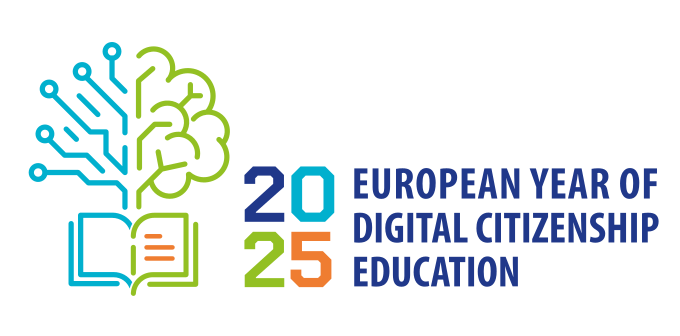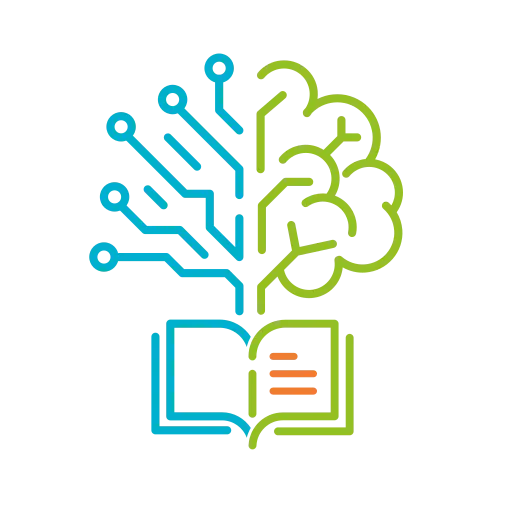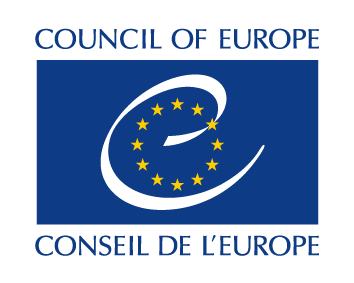- Strategy of the EDK for addressing the digital changes of the education sector (2018) On a national level, the EDK (Conference of the Education Directorates of the Swiss Cantons) has published shared goals for education digitalisation of all cantons with respect to school digitalisation in 2018. A further document was released to assign responsibilities among the Cantons and the EDK in achieving these goals. Projects: use of data, data security, data exchange and monitoring of the digitalisation of education.
- Digital Switzerland Strategy. Under point 4.3: “The protection of children and young people from harmful content and abusive behaviour in the online arena is also afforded a high priority”.
- Ordinance on digital transformation and IT (25.11.2020): This ordinance establishes the essential bodies, strategies, and procedures to facilitate digital transformation across multiple areas. It aims to provide digital services that meet user needs and to digitise, automate, and integrate business processes. Additionally, it promotes the use, exchange, and standardisation of data while ensuring IT governance aligns with principles of adequacy, interoperability, cost-effectiveness, and security.
- Competence Network for Artificial Intelligence (CNAI). With the creation of a Competence Network for Artificial Intelligence (CNAI), the use of and confidence in AI and other new technologies is expected to be fostered quickly and sustainably both within and beyond the Federal Administration. The CNAI also contributes to informing the public. Its project overview enables it to help ensure the transparency of ongoing AI projects both within and outside the Federal Administration.
Country profile list

Switzerland
- Strategy of the EDK for addressing the digital changes of the education sector (2018): Educa (government agency + partnership with relevant stakeholders) provides online training (Edulog, Navigator (navi.educa.ch), LOM-CH application profile, educa.Biblio: to ensure access to electronic teaching and learning resources). Educa develops and disseminates knowledge and expertise on effective use of digital technologies (see 2019 report: digitalisation in education)
- Digital Switzerland Strategy: Website for digital strategy.
- Youth and Media: Information portal for the promotion of media skills. It provides recommendations for parents on an ethical and correct use of electronic devices/internet.
- Swiss Cyber Institute, publication of parent’s guide (risks faced by children online, importance of monitoring children, what can parents do to protect them etc)
Sources
- Strategy of the EDK for addressing the digital changes of the education sector (2018): CDIP manages Educa in collaboration with the State Secretariat for Training, Research and Innovation. The EDK suggests that monitoring and evaluation of all education related initiatives are carried out by Educa: Digitalisation in Education report (2021).
- Digital Switzerland Strategy: Action Plan (Measures are specific, time-limited programmes, projects or initiatives taken by internal or external stakeholders). ICT steering sector is responsible for the ongoing development, coordination, communication and monitoring of the Digital Switzerland strategy. Establishment of indicators in the field of education and skills. The monitoring report on the Digital Switzerland Strategy 2023 highlights progress in implementation and draws conclusions.
- Action Plan CNAI: evaluation and further development.
Sources
- https://www.edk.ch/fr/themes/transversaux/numerisation
https://www.educa.ch/de/themen/datennutzung/digitalisierung-der-bildung - https://digital.swiss/en/strategy/strategie.html#aktionsplan
- https://digital.swiss/en/action-plan/measures/evaluation-and-further-development-of-the-competence-network-for-artificial-intelligence–cnai-
- Strategy of the EDK for addressing the digital changes of the education sector (2018): no information found.
- Digital Switzerland Strategy: Open consultation for Action Plan (possibility of submitting proposals in webpage)
Sources
- Strategy of the EDK for addressing the digital changes of the education sector (2018): Stakeholders are involved through Educa (see Q7 for more details).
- Digital Switzerland Strategy: Involvement of stakeholders through an online questionnaire. “Decisions on the inclusion in the action plan of measures put forward by stakeholders from outside the Federal Administration are taken by the Federal Chancellery’s Digital Switzerland Division in consultation with the relevant specialist unit”
Sources
- Strategy of the EDK for addressing the digital changes of the education sector (2018): no information found
- Digital Switzerland Strategy. At the meetings of the Digital Switzerland Advisory Committee, members of the Federal Council and representatives of business, academia, politics, authorities and civil society discuss topics related to the digital transformation. These meetings are held several times a year in a variable composition, under the chairmanship of a member of the Federal Council or the Chancellor of the Confederation. Organised by the Digital Transformation and IT Governance (TNI) sector of the Federal Chancellery, they complement the activities of the Federal Council’s Digital Transformation and IT Governance Delegation. The topic “Legislation in favour of digitalisation” is the responsibility of the Federal Office of Justice (FOJ).
Sources
- Educa. Specialised agency. It examines technological developments and links them with the education system. Partnership between federal government and cantons and in alliance with relevant stakeholders in the field (BeLEARN, Swiss EdTech Collider, Switch). They work together with international actors: SwissCore, Swiss Mission in the EU (to uphold Switzerland interests in education and digitalisation).
- Framework Agreement between Educa and Google (ended in March 2023): to provide information on which services are available to schools and under which conditions.
- Framework Agreement between Educa and Microsoft (it ends in July 2024).
- Swiss EdTech Collider: EPFL University, Foundations, Governmental Entities, Corporate Partners, Schools (private/public), Educational Institutions, Teacher Training Centres
Sources
According to the National Authorities responding to the online survey, initiatives and measures have to contribute to the UN Sustainable Development Goals (SDGs):
- Goal 4: Ensure inclusive and equitable quality education and promote lifelong learning opportunities for allGoal 5: Achieve gender equality and empower all women and girlsGoal 8: Promote sustained, inclusive and sustainable economic growth, full and productive employment and decent work for allGoal 9: Build resilient infrastructure, promote inclusive and sustainable industrialization and foster innovation
See for instance the contribution of the digital switzerland strategy to SDGs: https://digital.swiss/en/strategy/impact-area/education-and-skills
Sources
- 1Not a member of DCE promoter Network
- Active involvement in ITU Council Working Group on Child Online Protection.
- Active governmental member in Internet Governance Forum (IGF)
- Shared good practices/initiatives during the 12th meeting of the European Policy Advisors’ Network (EPAN) held online on 14 – 16 May on the Reference Framework of Competence for Democratic Culture (RFCDC)
- Swiss Internet Governance Forum. The Swiss IGF is the national spin-off from the global process of the UN Internet Governance Forum, in which all stakeholders agree on the definition of rules of the Internet. (“Internet Governance”). The Global Internet Governance Forum was created in 2005 at the UN World Summit on the Information Society (WSIS). Since then, numerous regional and national forums have been set up spontaneously. At the regional – i.e. pan-European – level, the IGF process is managed under the framework of the EuroDIG. The Swiss IGF has been in existence since 2015, is organised independently of the other levels and generally comes together on an annual basis.
Sources
2. https://www.itu.int/en/council/cwg-cop/Pages/default.aspx
5. https://igf.swiss/en/about-the-swiss-igf/
Training on DCE to teachers and other professionals:
No, according to the national authorities responding to the online survey.
Translation and dissemination of DCE Recommendation:
No response from the national authorities in the online survey
Contact us
Education Department
Council of Europe
Agora Building
1, Quai Jacoutot
67075 Strasbourg Cedex
France


